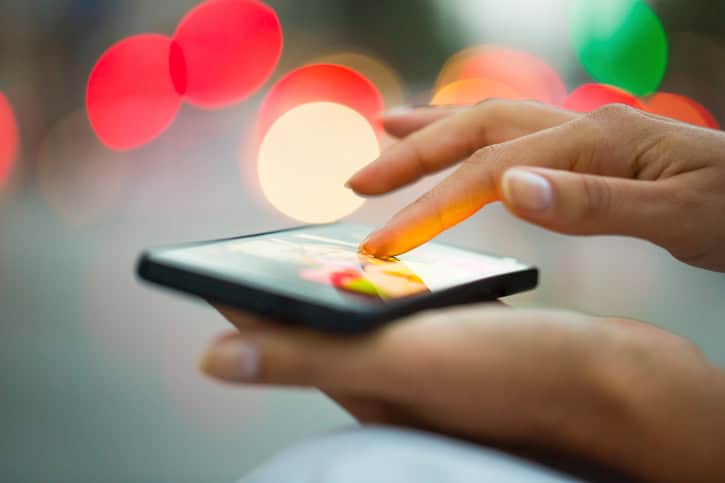Voters using smartphones made fewer mistakes than they did when voting the traditional way, according to psychologists at Rice University who carried out a mock election and published their findings in the journal Human Factors.
Co-author, Michael Byrne, Professor of Psychology, and team examined how voting systems using smartphones could be incorporated into current voting processes in a large scale.
Their study, titled “Toward More Usable Electronic Voting: Testing the Usability of a Smartphone Voting System,” showed that while there are no consistent differences in efficiency regarding traditional and smartphone-based voting systems, voters using smartphones made fewer mistakes on the mobile voting system compared to their performance on traditional voting methods.
Byrne explained that several counties in the United States have incorporated electronic voting technology, mainly in response to challenges related to older mechanical and punch-card systems.
New technology resolves and presents problems
While new telecommunications systems have solved a number of usability problems, they also bring with them a set of problems for voters who are not familiar with the technology.
Byrne says:

“Current electronic voting systems have numerous issues — from usability and accessibility to security to the fact that many of them are nearing the end of their life cycle — and there are few good certified alternatives currently on the market.”
The research team designed a mobile voting system that was optimized for use on a smartphone. They then tested its usability against traditional voting platforms.
Out of 84 volunteers, 48 said they owned a smartphone at the time of the simulation – to engage a series of pretend elections using a range of voting methods.
Participants were aged between 18 and 68 and had varied educational backgrounds and voting histories. Ninety-two percent of them had voted in fewer than six national elections, while 88% had voted in fewer than six local or regional elections. Seventy-five percent had either a bachelor’s or associate’s degree.
Fewer errors among those voters using smartphones
The authors found that the smartphone users made fewer mistakes on the mobile voting system than when they used the traditional system. Among non-smartphone users there were no differences in the error rates.
Co-author Phil Kortum, also a professor of psychology, said that voting using smartphones had several potential benefits.
Kortum said:
“Nobody likes to wait in line at the polling place, and so mobile voting offers the opportunity to cast votes when and where it is convenient for the voter.”
Security problems may be unsolvable
Despite these benefits, Kortum noted, a significant number of security and authentication problems regarding using smartphones in elections need to be addressed. He added that some of the problems may not be solvable and “certainly not in the near future.
Kortum said:
“Ongoing research is needed to develop systems that allow voters to securely and anonymously submit their ballots,” Kortum said. “Creating voting systems that retain the convenience of mobile phones while still ensuring the security and anonymity we enjoy with current voting technologies will be the biggest design challenge.”

